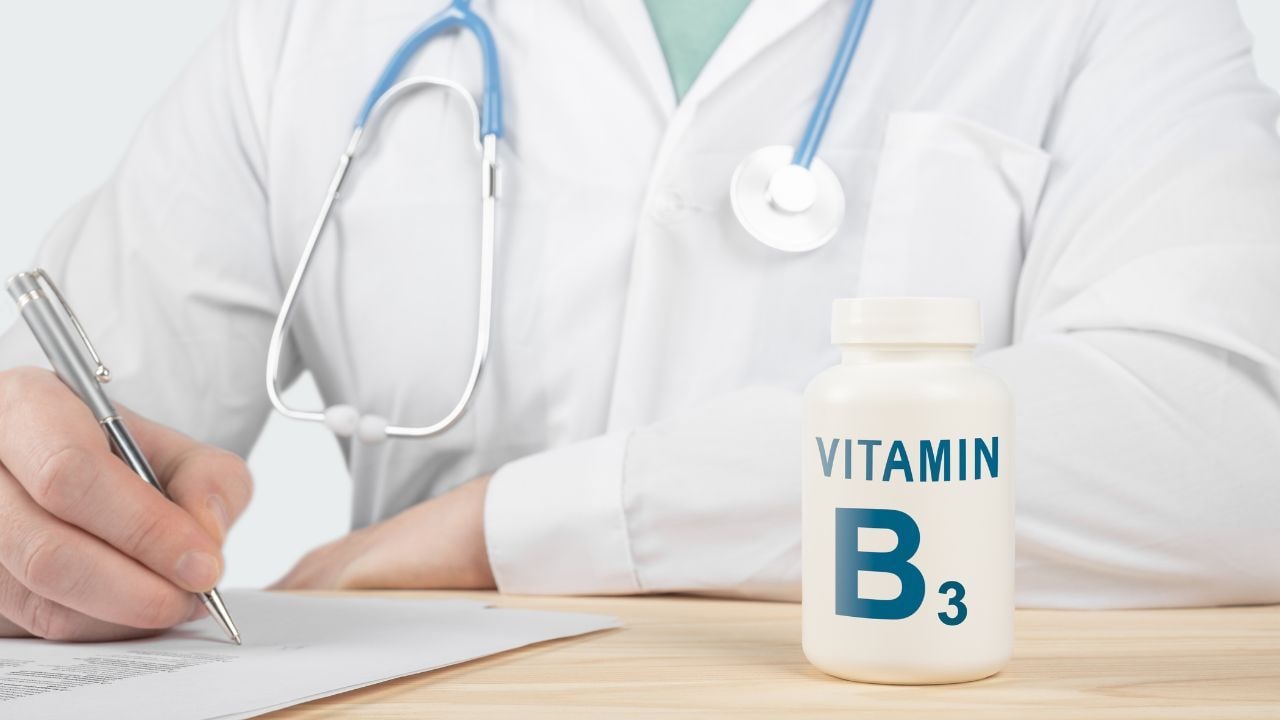Here are some of the key findings from the study:
The Most Common Cancer Gets a New Ally
Skin cancer remains the world’s most frequently diagnosed cancer, with non-melanoma types like basal cell carcinoma and cutaneous squamous cell carcinoma making up millions of new cases every year. Traditional prevention focuses on avoiding UV rays and using sunscreen, but recurrence rates remain stubbornly high.
The Vitamin Behind the Hope — Nicotinamide
Nicotinamide, a form of vitamin B3, has emerged as a low-cost, widely available supplement that supports the skin’s ability to repair UV damage. Researchers say it helps reduce inflammation and strengthens the immune system’s ability to detect and clear abnormal cells.
The Scale of the Study
The new study followed over 33,000 US veterans, including 12,000 who took nicotinamide (500mg twice daily) for more than a month, compared with 21,000 who did not.
Also Read: What is menorexia? Why doctors are warning against its risks and asking you to recognise early signs
The Results
Those who took nicotinamide showed a 14% lower risk of developing any new skin cancer. The most remarkable finding? When started immediately after the first cancer diagnosis, the supplement reduced the risk of additional cancers by 54%.
Timing Matters Most
The benefit was strongest when supplementation began immediately after the first skin cancer diagnosis. Starting later, after multiple recurrences, showed much less protection. The effect was seen in both basal and squamous cell cancers, but particularly strong for squamous cell carcinoma, which tends to be more aggressive.
It’s Not a Replacement for Sunscreen
Experts caution that nicotinamide is not a substitute for sun safety. Regular sunscreen use, wearing hats, and seeking shade remain essential. Still, the supplement’s simplicity, affordability, and safety make it a promising “add-on” to current prevention strategies.
Real-World Promise, Real-World Limits
While the findings are encouraging, this was an observational study, meaning it found correlations rather than direct proof. Most participants were white males, so more research is needed to confirm the benefits across diverse groups. For now, nicotinamide appears most useful for people with a prior history of skin cancer.
The Bottom Line
For patients facing the anxiety of a first skin cancer diagnosis, a daily nicotinamide supplement offers new hope — a simple, accessible tool that may reduce recurrences and change how dermatologists approach prevention.












